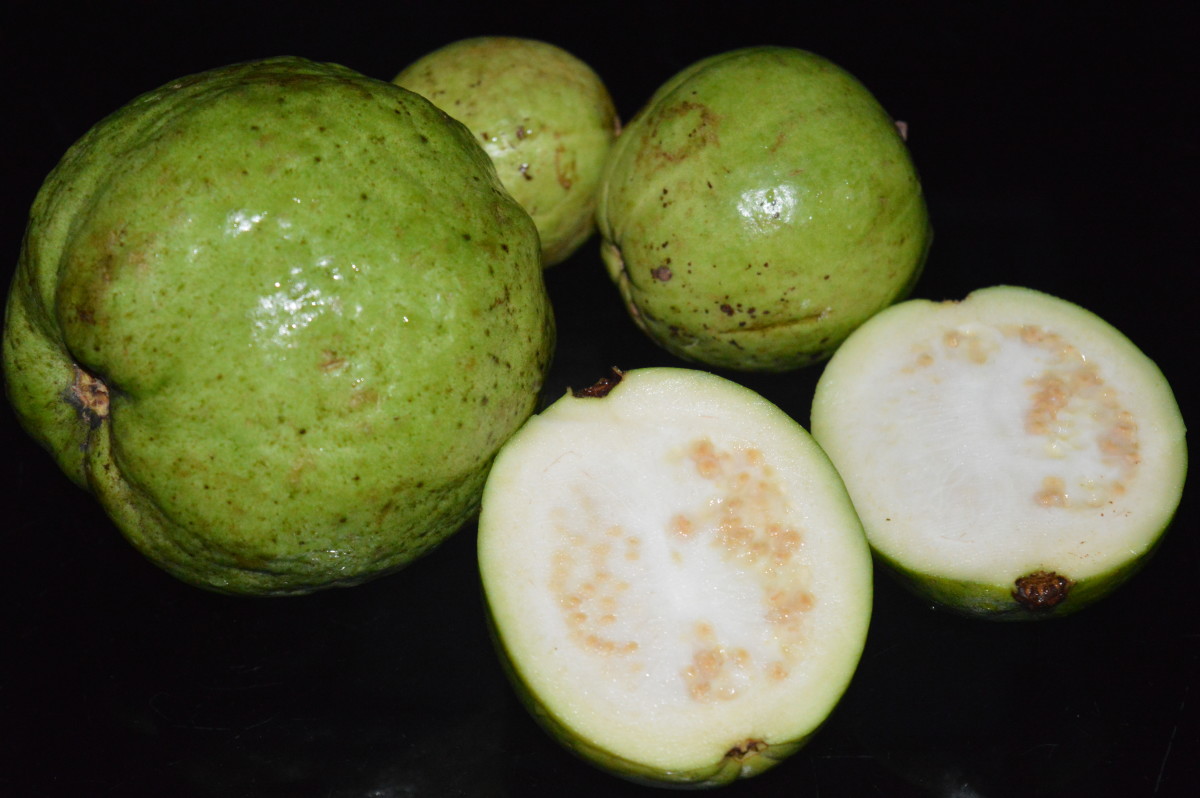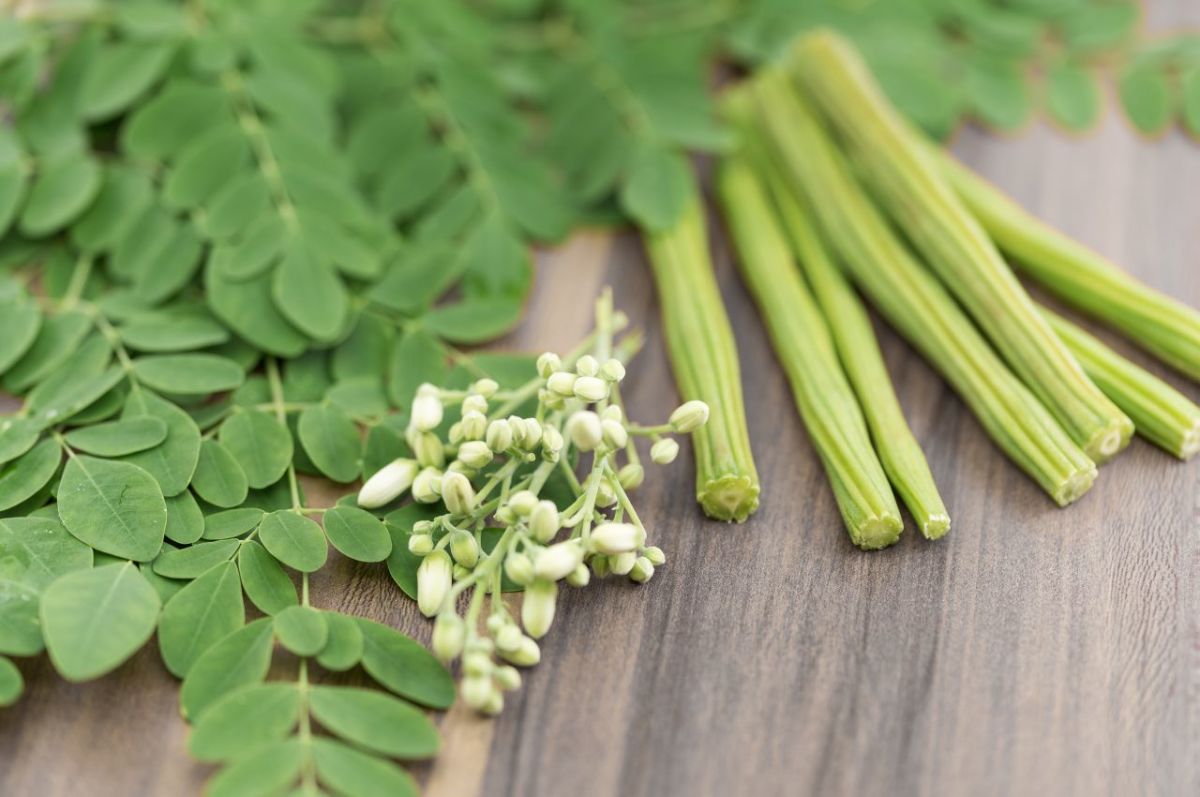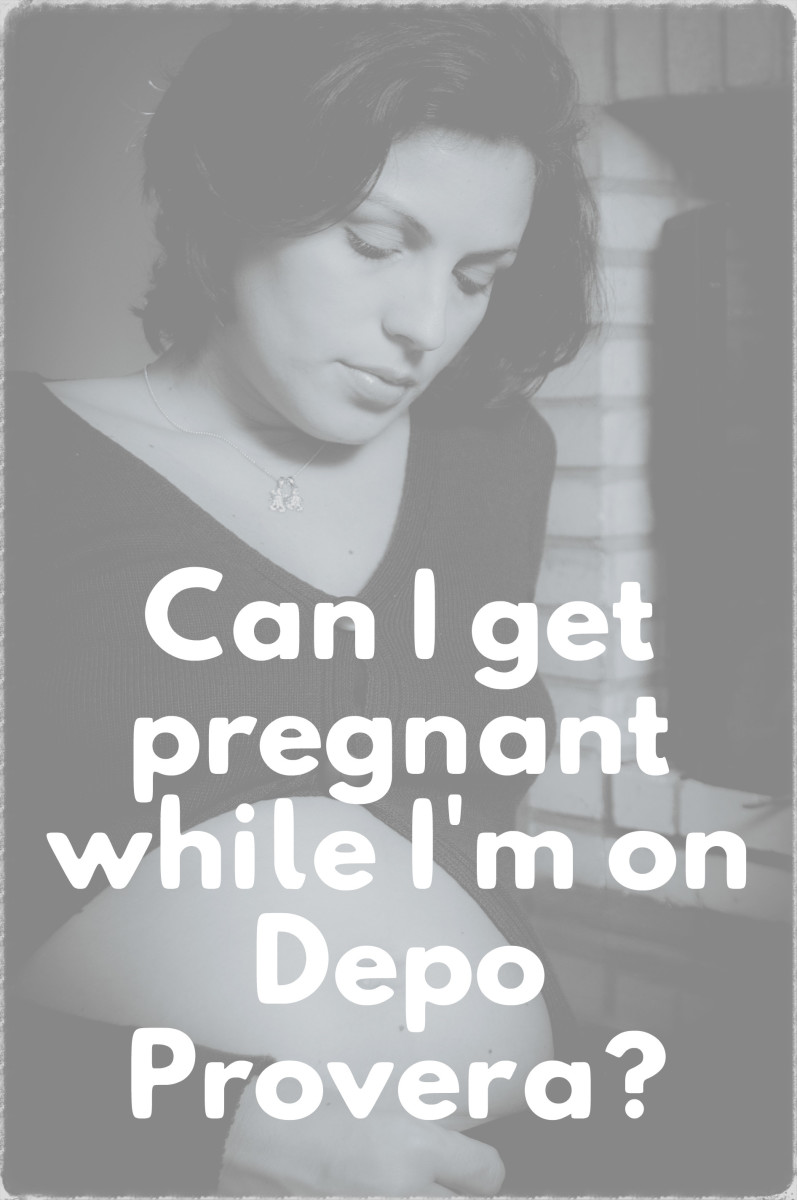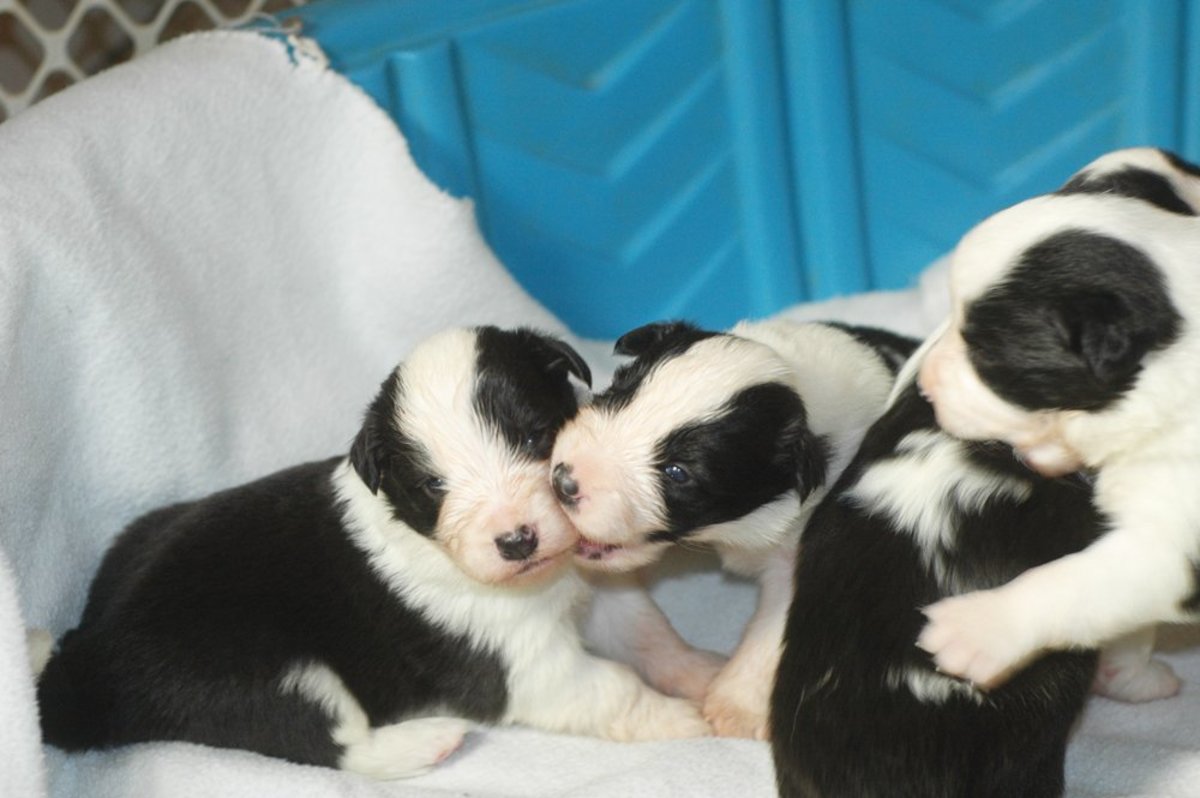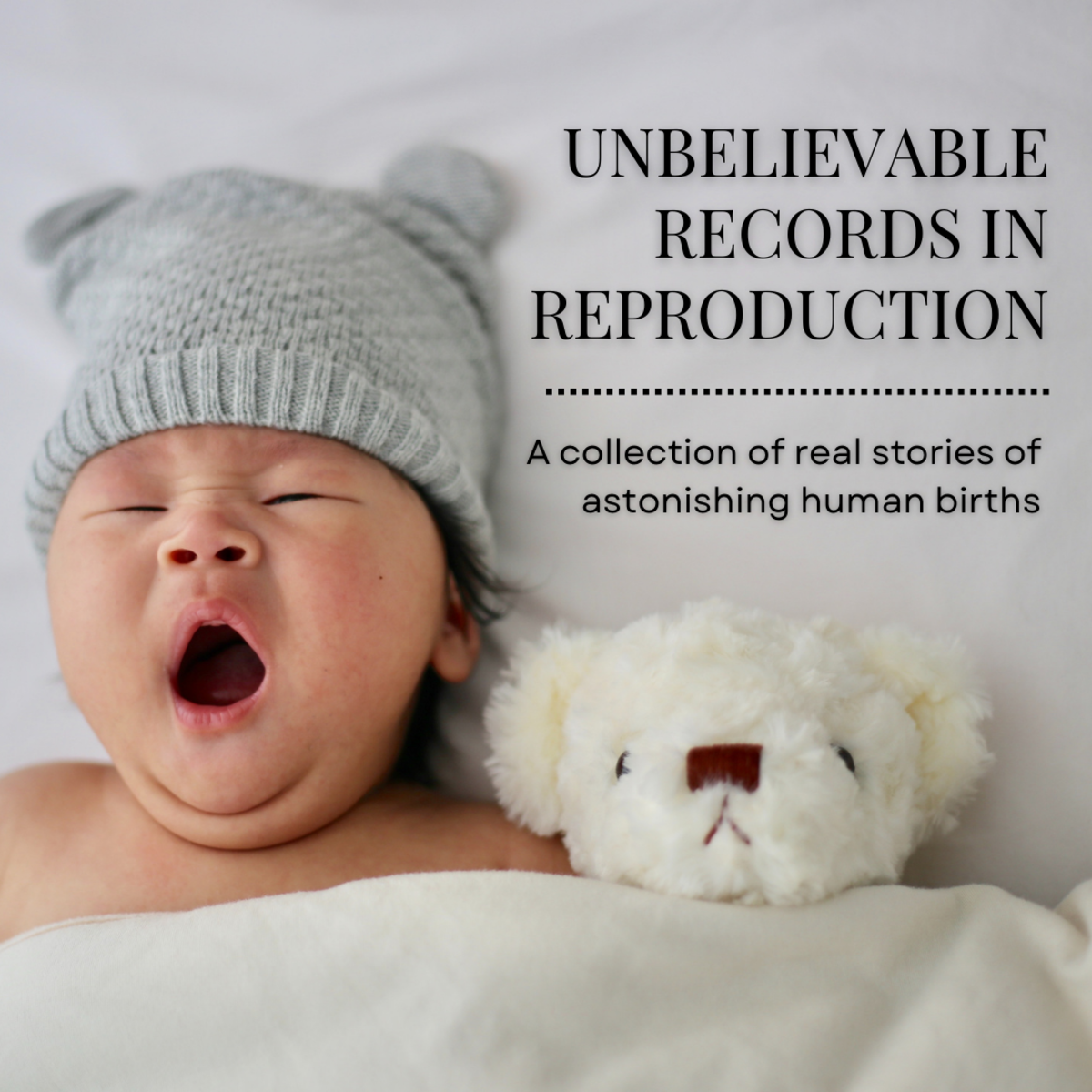Keeping Your Placenta. The Holy Grail of Birth.
Have a Little Placenta with Your Drink
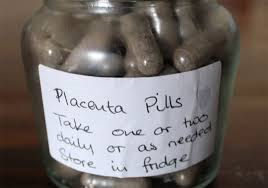
What compels a woman to keep her placenta?
Placentophagy, the practice of eating the placenta after giving birth, is a subject of some interest among women these days.
The placenta transports nutrients to the fetus during gestation, as well as producing and regulating hormones and opioids. Proponents of modern Placentophagy argue that the placenta retains some of these substances after delivery, and that consumption of the placenta by the mother will help her recover more quickly following childbirth by replenishing nutrients and hormones lost during parturition. One birthing website run by two Minnesota doulas lists possible health benefits including replenishing lost nutrients, increasing milk production, curbing postpartum depression and slowing postpartum hemorrhage. (Wikipedia)
Mid wives have been offering placenta's to their clients since the mid 70's and now the mother can either have it made in to freeze dried capsules or have it dehydrated like banana chips. Nothing like a little placenta seasoning on your dinner menu.
Modern times require modern techniques
The placenta is an amazing, different organ, that nourishes your baby from the beginning of life until it is born. They grow together, entwined and connected in the womb. At the time of birth, the placenta maintains its connection to the womb as long as possible, to continue sustaining life until the baby's successful arrival into the outside world. Only then does it relinquish its grip on the mother and is also born. Some countries see the placenta as the twin or as the other child and leave it attached to the baby for days after birth.
Others believe that the placenta should be buried and a tree planted over it for good luck and then there are those countries who believe the placenta should be cooked and eaten as to provide health benefits to the mother after birth.
In the United States it is becoming popular for mothers to request their placenta to be taken home. They find a place that can freeze dry it and put it in capsule form to take everyday after the birth of their child. Natural healers and people who use herbs to heal diseases, feels the mother will get great health benefits by consuming her placenta. Is it true? Who could say because there really have been no studies performed on this.
Law makers are going crazy now trying to intervene and put laws in place to make it harder for a woman to take home something that came from her own body. They feel it is hazardous waste. But how can something that kept a baby alive for nine months be hazardous and really the only thing that hospitals do with placentas are the doctor examines it after it is expelled to make sure it was all removed safely. Then it goes in a plastic bag to sit on a shelf for a few days or weeks in case anything is wrong and then thrown on a hazardous waste truck to be hauled away and incinerated.
One could have the notion that women are just crazy after giving birth and feel the need to mother their baby and placenta but it is becoming more popular of vaginal births.
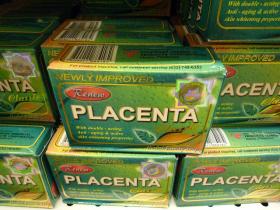
What laws can prevent women from keeping their placenta's
Until this year, many states did not have laws put into place regarding mothers being able to take home their placenta's. Oregon was one of the first states to write this into law allowing mothers the opportunity to take home their placenta's and do what they wish with them even if it meant eating them.
What seems gruesome to some has become a delicate issue to some mothers. They are lead to believe that this organ after it is expelled and basically dead, would have some health benefit for them. Well in the real world we all would like to see women with less post partum depression. We would like to think this little piece of organ that nourished their baby for nine months would be a benefit to them recovering after have their baby.
In theory, eating placentas seems to make some sense. After all, the placenta is a baby’s in-utero power pack, providing the fetus with all the vitamins, minerals, and nutrients not to mention oxygen to grow from just a few cells to a full-fledged tiny person. The placenta is also loaded with iron and vitamins B6 and B12, as well as estrogen and progesterone, both important postpartum hormones.
The truth is there’s not much evidence to say whether the practice benefits humans. A few small studies have connected placenta-eating with increased breast-milk supply and pain relief of which the pain relief was on rats not on humans in this study. (whattoexpect.com)
If in all reality you really want to eat your placenta just make sure it is your own and not someone else's. In earlier years everyone in the tribe at some of it to prove well being for that child. I would not recommend this a common dietary practice though.
Is this considered cannibalism?
Cannibalism is usually ritualistic eating of human flesh by a human being or the eating of the flesh of an animal by another animal of the same kind. One could say that this is cannibalism or would drinking the blood be more of a vampire?
Is it considered cannibalism if it is freeze dried and not raw? In reality, whether it be a ritual or just out of curiosity, one could be called a cannibal if they chose to eat their placenta.
Has modern medicine or spiritual healers gone to far to make this a delicacy and can we look farther in the future and see this on the menu for Thanksgiving? No matter what reason you choose to eat your placenta or just freeze it, dry it or yes even paint with it, just make sure it is clean and unharmed before you do indulge in it.
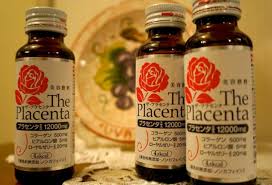
In honor of your placenta
Robin Cook has put out a book called 25 Placenta Recipes which I have not read but the picture on the front of the book looks pretty amazing. I would have to think it is right up there with liver, chicken gizzards and giblets for gravy.
In my own experience of working with pregnant women, I have never had one that kept their placenta. Only now that I deal with paper work I see women submitting letters to the obstetricians that they want to keep their placentas along with the umbilical cord.
Maybe women deserve to eat their placenta after spending 24 hours in labor, pushing for another hour or two to have that little blessing and looking at the stretch marks for a lifetime.
I would have to agree it would be an event that would never leave my mind. But how awful could it taste freeze dried in a pill and if it gets rid of the baby blues then why not. NOT!
Eating the placenta to get rid of PPD
One woman's thirst for her placenta
Mama Natural says in this video that her placenta pills increased her milk supply. She also states it made her emotions out of control.
Listen as she tells you what her experience was, then you can decide for your self if you want to do this. It is a modern age dream to take your placenta home but package it with care.
Is it right for you
Although this practice kind of makes me nauseated, I have to hand it to women who would actually love their babies enough to eat what kept them alive for 9 months. After all animals eat their babies placentas right after birth, uncooked, not clean and not dehydrated.
I would advise that any woman who wants to do this, make sure that you have had no health issues while pregnant. I would also advise not to eat this organ cooked in a frying pan. You really have no idea what the benefits or risks of this practice could do to you. Because there are really no studies on this behavior or practice, I would hope that you would consider other options such as burying it in the ground and planting a tree over it. In years to come you could see that beautiful tree that has been nourished by your baby's very own placenta.

